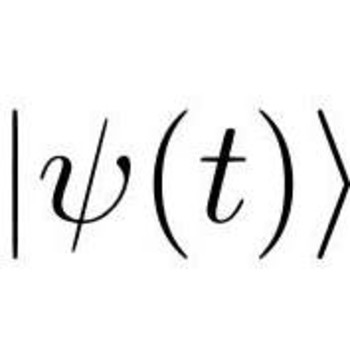If 10^9 electrons move out of a body to the another body every second, how much time is required to get a total charge of 1 C on the other body?
2 Answers
Apr 20, 2018
Explanation:
One electron
So here, we would get a charge of
And so, we get:
Apr 20, 2018
Explanation:
Charge of one electron
Charge of
We can say,
Time required to get a total charge of
#(1 cancel"C")/(1.6 × 10^-10 cancel"C"//"s") = underline(6.25 × 10^9\ "s")#


